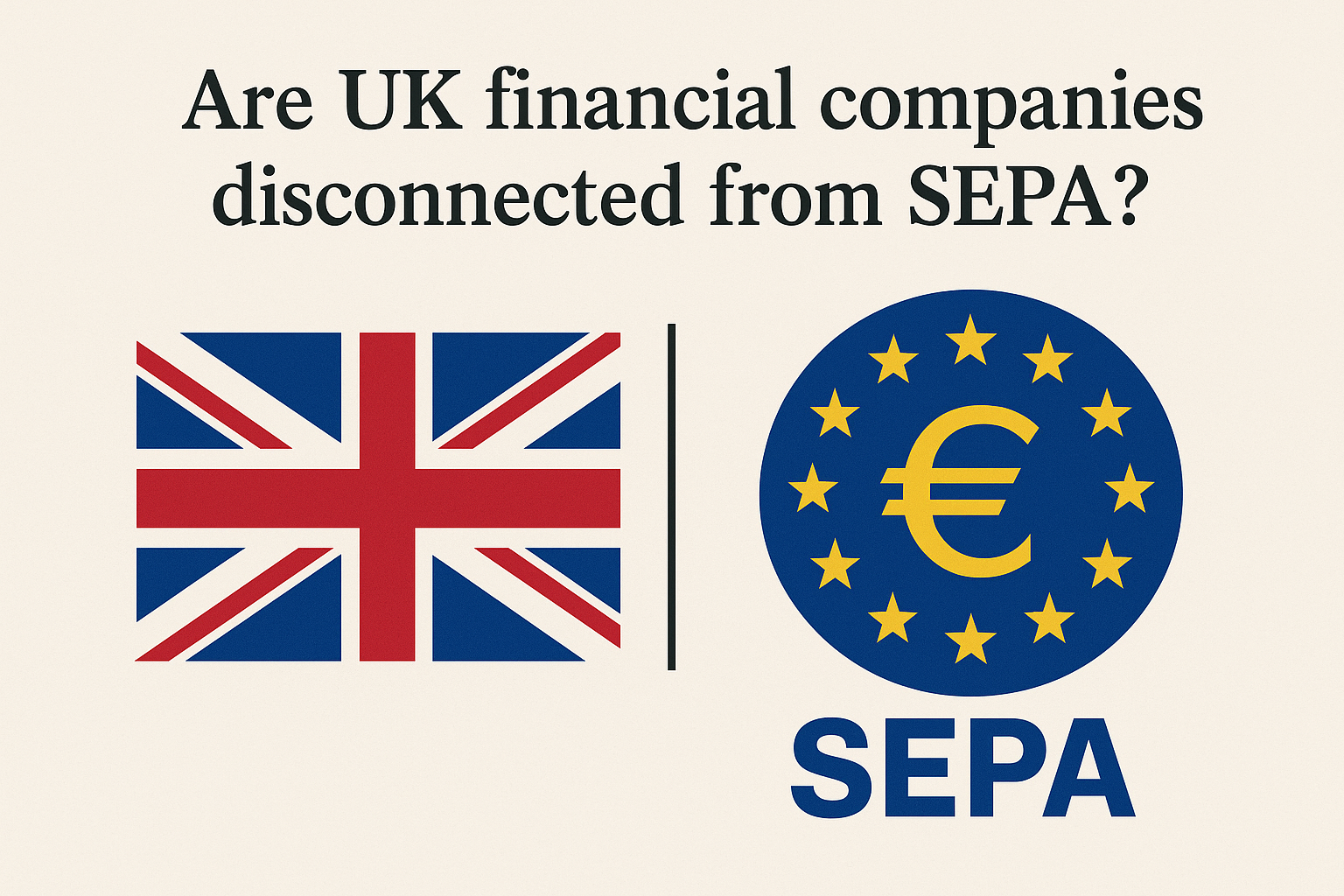
Despite Brexit and the changing European financial landscape, the UK remains very much inside the SEPA network. While the UK is no longer part of the EU, it continues to participate in the Single Euro Payments Area (SEPA) as a third-country member.
✅ Continued Access After Brexit
Thanks to a formal application made by UK Finance and accepted by the European Payments Council (EPC), UK banks and payment institutions retain access to SEPA. This allows them to send and receive euro-denominated bank transfers across Europe, just like their EU counterparts.
📌 What this means: UK PSPs and banks can still handle SEPA Credit Transfers (SCT) and SEPA Direct Debits (SDD), maintaining operational efficiency and cross-border euro connectivity.
⚠️ But It’s Not Business As Usual
While participation remains intact, UK firms now face “third-country” status implications, such as:
-
Potential extra fees from European PSPs
-
Longer processing times due to compliance checks
-
Mandatory data fields, such as full address details, on outgoing transfers
This can affect end-users if PSPs don’t optimize for these post-Brexit differences.
💡 SEPA Instant? Optional but Increasingly Adopted
One area where divergence is growing is SEPA Instant Payments. Under the EU’s Instant Payments Regulation, eurozone institutions must support instant credit transfers by October 2025.
📌 However, this rule doesn’t apply to non-EU SEPA countries, including the UK.
Yet many UK institutions (especially challenger banks and fintechs) are voluntarily integrating SEPA Instant, understanding its value in:
-
Enhancing customer experience
-
Staying competitive with EU PSPs
-
Supporting real-time treasury operations
🧭 What’s Next for UK PSPs?
UK financial firms that want to stay relevant in the euro payments ecosystem should:
-
Proactively offer SEPA Instant capabilities
-
Streamline compliance and data handling
-
Monitor EU payment regulation trends, even if not directly enforceable in the UK
🔎 TL;DR: No Disconnection, But Evolution
❝ The UK is not being disconnected from SEPA. But third-country status means it must adapt, not relax. ❞
Maintaining euro payment connectivity is essential — and UK fintechs, EMIs, and banks should seize this as a strategic opportunity, not a constraint.

